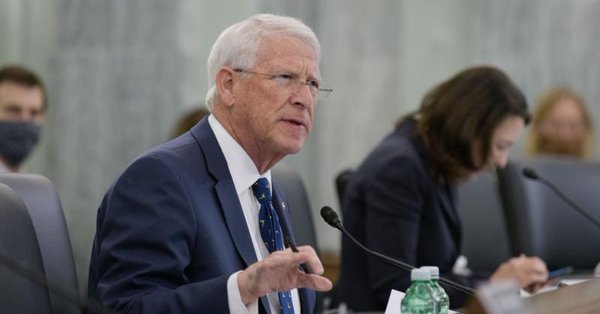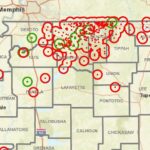Wicker: Advances rare disease research
By U.S. Sen. Roger Wicker (R-Miss.)
Congress Supports the Search for Cures
Congress cannot discover treatments and cures for diseases, but it can support those who do. In Washington, I co-chair the Rare Disease Congressional Caucus. In this group, my colleagues and I work together on legislation that can assist patients, families, and medical providers facing uncommon illnesses. We have listened to those devastated by painful diagnoses, and we are eager to do what we can to help.
Expediting the Search for Treatments
Last year, I was encouraged by the announcement of a Rare Disease Innovation Hub (RDIH) at the Food and Drug Administration (FDA). There are over 7,000 rare diseases, but only 500 have approved treatments. This hub can help bring therapies to market as fast as possible, delivering relief to the 25 million Americans, including 16 million children, who are affected by rare diseases.
Creating the RDIH was a positive step. Recently, my colleagues and I introduced a bill to give the hub a more specific direction. The legislation is called the Scientific External Process for Educated Review of Therapeutics (EXPERT) Act. It would give the FDA the authority to convene meetings with medication developers, academic researchers, and FDA reviewers. By bringing these experts together, we hope to streamline the creation of solutions and expedite the development of treatments and cures.
Improving Rare Cancer Testing
The FDA’s innovation hub has a special opportunity to make progress in therapies for many rare diseases, including rare forms of cancer. Nearly 95 percent of all cancer types are considered rare. Every year, one in four American cancer patients are diagnosed with one of these illnesses.
Every cancer diagnosis is frightening and urgent as families and patients immediately seek out testing and treatment. But rare cancers make a difficult situation even more complicated. Many patients facing these illnesses struggle to find early-stage testing options, or they find these resources are inaccessible.
For example, many patients can benefit from a technique known as molecular diagnostic testing. The procedure can be done at the time of diagnosis. It rapidly analyzes tissue or blood samples to give medical providers a snapshot of the patient’s disease. This type of information makes it easier for doctors to customize treatment to each unique situation.
Many patients have access to this testing only when cancer grows or returns. My colleagues and I recently introduced a bill, the Finn Sawyer Access to Cancer Testing Act, that would bring this tool to more patients as soon as they receive a diagnosis. The legislation is named in honor of a three-year-old boy who passed away from rhabdomyosarcoma, a rare cancer, in 2018. If signed into law, the act would ensure that government health plans cover early molecular diagnostic testing.
The Finn Sawyer Act would also create a plan to educate health providers and the general public about the benefits of early testing. By quickly gathering detailed information about a patient’s diagnosis, providers can prevent cancer from spreading and increase quality of life. In the long term, that data helps researchers learn more about rare diseases and reduces public costs associated with these illnesses.
Over the years, I have met with families facing rare disease and have done what I can to help them access testing and treatment. Their stories are of course marked by sadness, but they also exhibit strength as patients persevere in the midst of hardship. By pushing for more breakthroughs, we can free more Americans to live full lives and use their talents for the good of their communities and our country.
Note: This item is the weekly Wicker Report column of Sen. Roger Wicker and provided by the Senator’s office. Opinions expressed are those of the author and not necessarily those of this publication.





